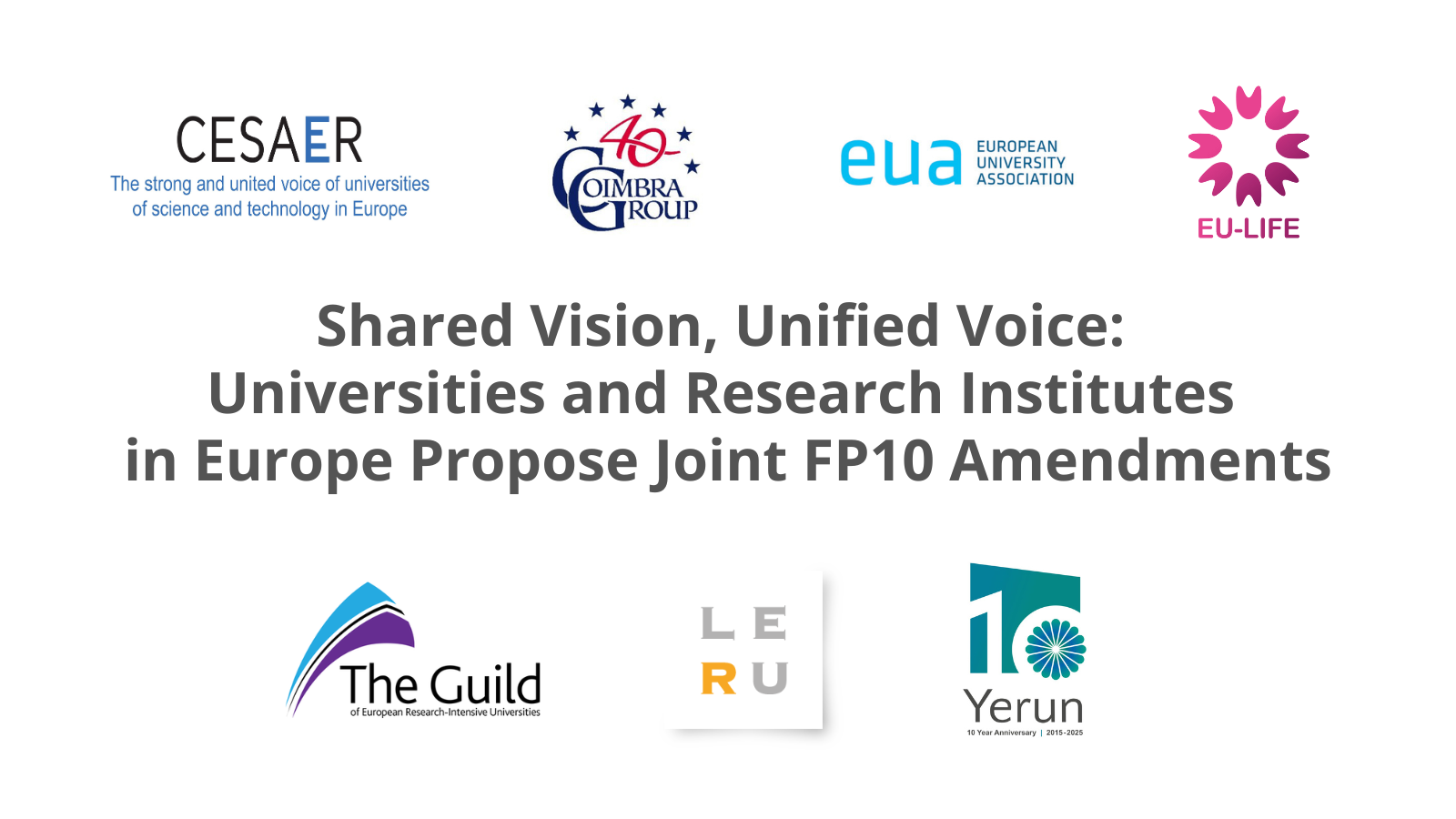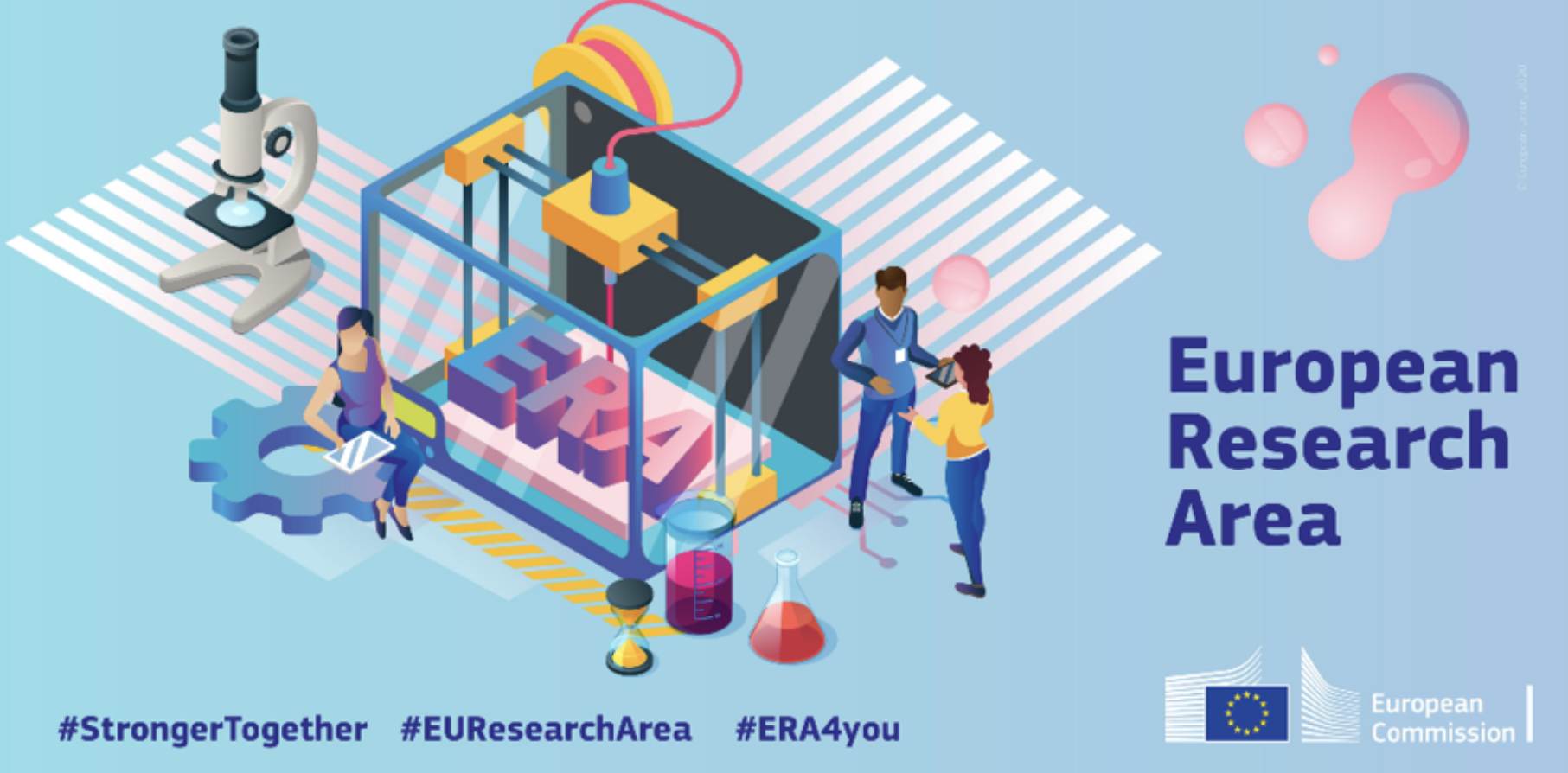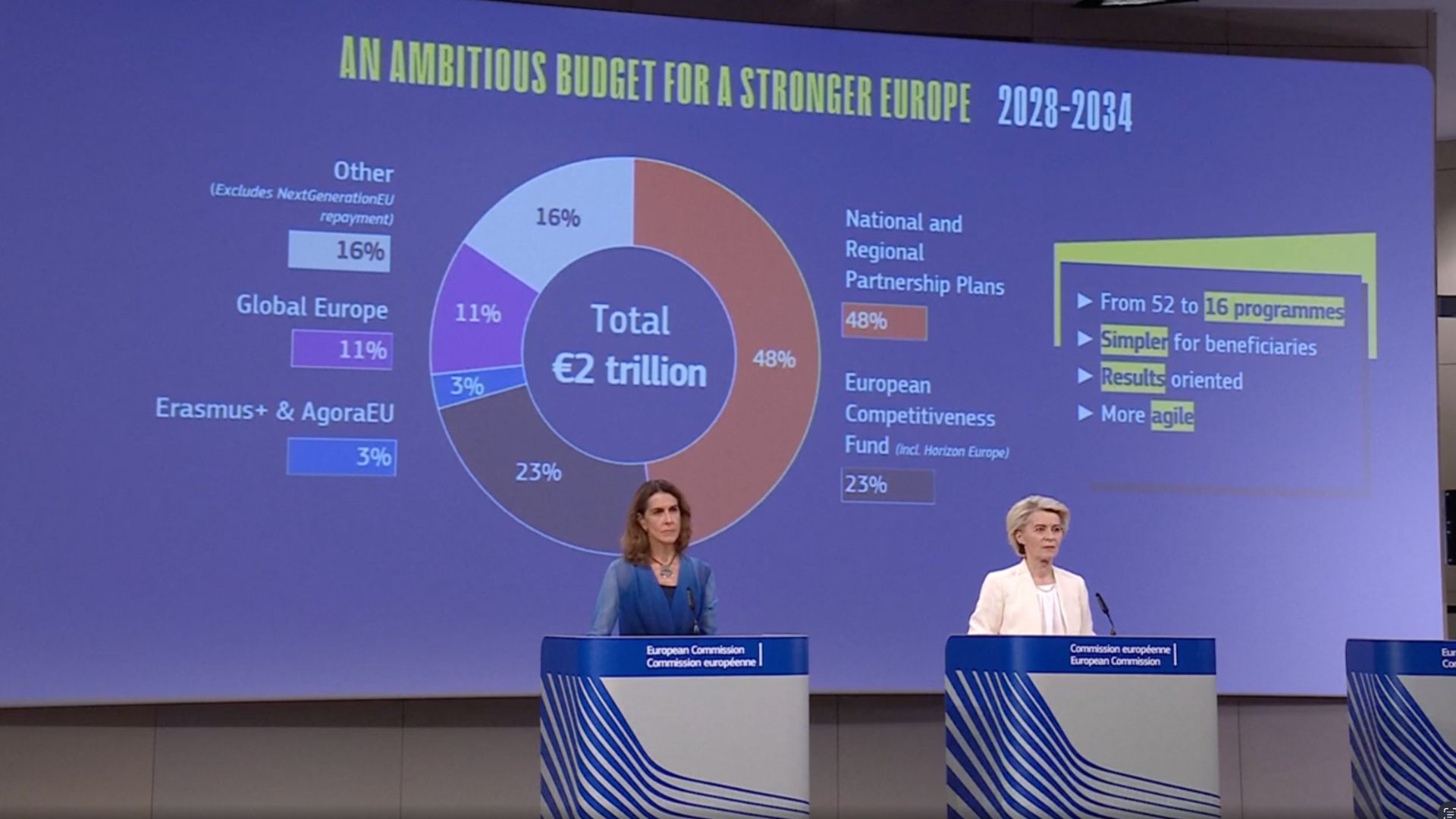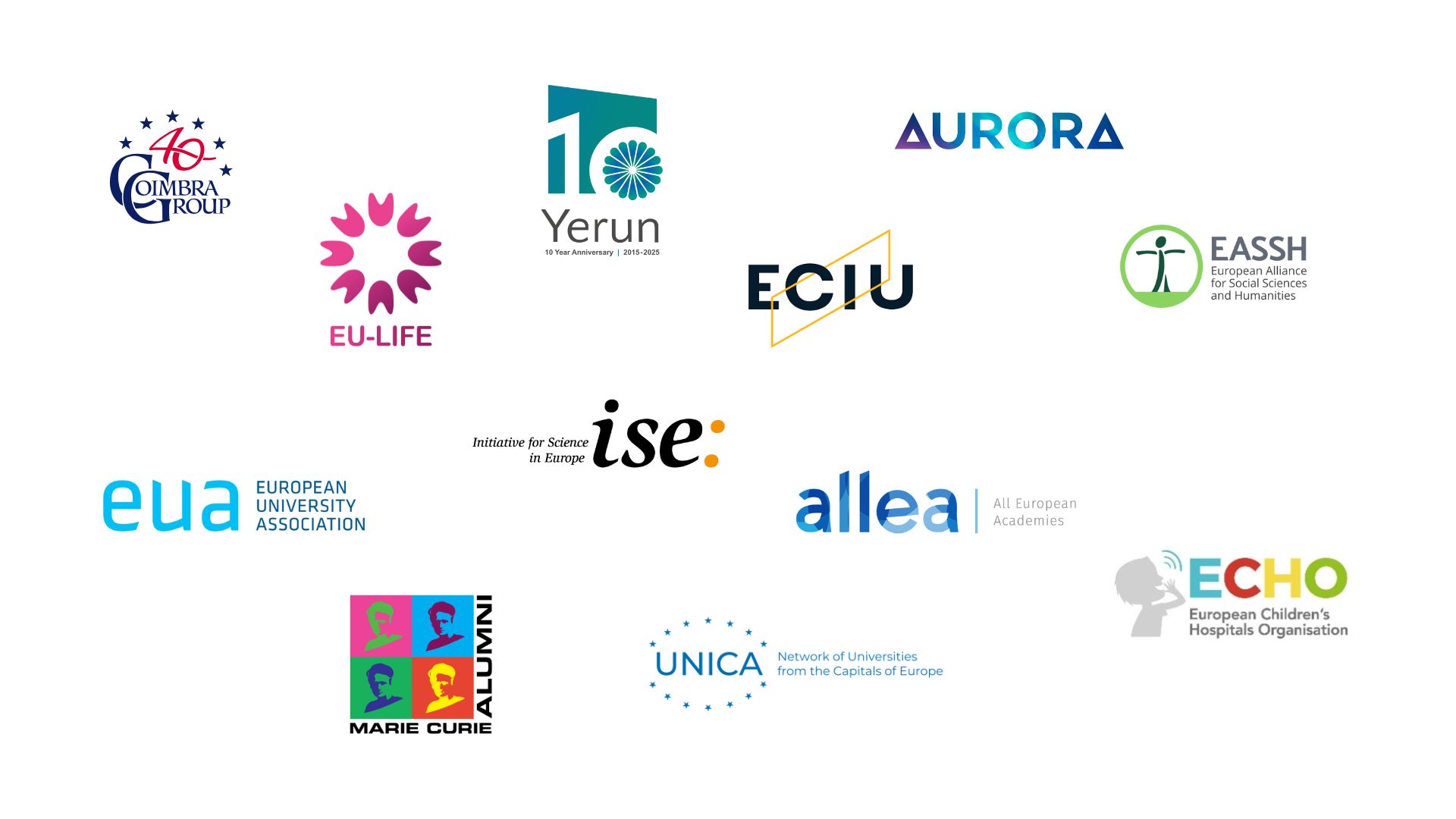The Young European Research Universities Network (YERUN) has reviewed the responses of Roxana Mînzatu, Commissioner-designate Executive Vice-President for People, Skills and Preparedness, to the questions posed by the European Parliament ahead of her hearing before the Parliament Tuesday 12th November. We appreciate her commitment to supporting universities to enhance skills across the European Union and acknowledge the emphasis she placed on the critical role of higher education in preparing citizens for Europe’s future.
Skills development is indeed a cornerstone of the EU’s goals, and universities have long been, and continue to be, bastions of skills and knowledge. As institutions where students and staff from across the world gather to share ideas and expertise, universities are focal points for the union of skills and essential players in the EU’s knowledge economy.
Excellence in education is vital to producing highly skilled graduates who can drive a competitive economy. For this, universities will remain the most effective and essential environments. With their preexisting comprehensive programmes and supportive settings, universities produce graduates equipped with both deep knowledge and adaptable skills, crucial for Europe to succeed in the global landscape.
Universities provide the skills needed for young people to launch their careers, and equip them with transversal competencies, from project management to teamwork, that respond to professional demands. More than this, universities provide lifelong learning opportunities, providing skills that remain relevant as our world evolves. This emphasis on lifelong learning ensures high employability, competitiveness, and excellence across all sectors, empowering individuals to continuously update their abilities and stay informed. To do this, universities employ a wide range of tools, from micro credentials and MOOCs to traditional degrees spanning from bachelor’s to PhD programmes. Through strong investment, universities stand ready to remain at the forefront of high-priority fields such as AI and climate sustainability, offering citizens reliable information and education in these critical areas. We would like to see how the Commissioner-designate plans to further support lifelong learning integration and ensure their alignment with qualifications frameworks to promote seamless mobility and skills development for learners and professionals.
In her remarks to the European Parliament, Mînzatu rightly emphasised that skills are a social right and that we must dismantle barriers to make these skills as accessible as possible. YERUN shares this vision wholeheartedly. Yet, the reality across the EU has included cuts to funding for universities, from Erasmus+ reductions at the EU level to cuts at the member state and regional levels. These budget reductions run counter to the ideal of skills as a social right, limiting access to affordable, high-quality education that millions of students rely on to enhance their futures. A strong commitment from the European Commission, in partnership with Parliament, is essential. We encourage the Commissioner-designate to engage with stakeholders, including YERUN, to advocate for increased investment in Erasmus+ and higher education overall. Furthermore, we urge her to put emphasis on having earnest dialogue with member states and regions to ensure strong, stable funding across the European Union. Without this, we risk excluding students with fewer opportunities, increasing inequalities and widening the social gap that Europe has worked for decades to narrow. We would also like to see more information on how Erasmus+ funding is exactly spent, especially the relationship and crossover between the current KA1 and KA2 funding.
Regarding her remarks on the European degree, we recognise the emphasis on this initiative as a potential tool for reducing the burden for universities to deliver education at the transnational level, i.e. jointly by universities in different member states. Students should be central to any educational development, and it is therefore crucial that clear benefits are presented for them because of this initiative. To achieve this, the European degree initiative needs to ensure that it avoids an elitist character, promotes inclusivity and ultimately increases the number, quality and relevance of joint programmes in Europe. Beyond full joint programmes, similar principles and methodologies should also be applied to smaller units of learning (e.g. micro-credentials), to strengthen the relevance of this initiative for students and thus make it forward-looking and future-proof. The joint educational provision of smaller units, rather than full programmes, represents an important opportunity for future collaboration in European higher education. In relation to the above-mentioned hurdles, we would like to hear more how the Commissioner-designate plans to create concrete agreements with member states surrounding common recognition of these degrees and qualifications.
Turning to research and innovation, universities’ essential role in this sector should go hand in hand with its role in skill development. Universities not only produce critical knowledge and innovation but also nurture partnerships with industry and other sectors, creating a robust ecosystem that benefits Europe’s economy and society. Universities educate individuals who conduct research and drive innovation at the start of their careers and support their professional growth throughout. Without strong universities, the research and innovation capacity Europe relies on is weakened from the outset.
Finally, we commend her emphasis on enhancing university collaboration to achieve excellence, and YERUN places particular emphasis on innovative teaching and learning practices using digital resources. YERUN has, since its conception, worked successfully with its members to foster effective partnerships and shared best practices. Again, none of this will be possible without sufficient funding to achieve these excellence goals. Additionally, on the European Universities Initiative, she emphasised collaboration across regional universities to share resources and develop programmes that allow them to thrive alongside larger institutions. Alliances can unlock the potential of the diversity of universities across Europe, allowing collaboration to ensure they reach their max potential. We emphasise that universities should have the autonomy to define their own collaborative pathways, driven by bottom-up approaches, and should be able to create their own unique added value. We believe this focus aligns with the core mission of the initiative, and such efforts will significantly strengthen Europe’s higher education and research landscape.
Photocredit: © European Parliament










